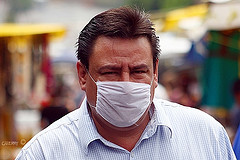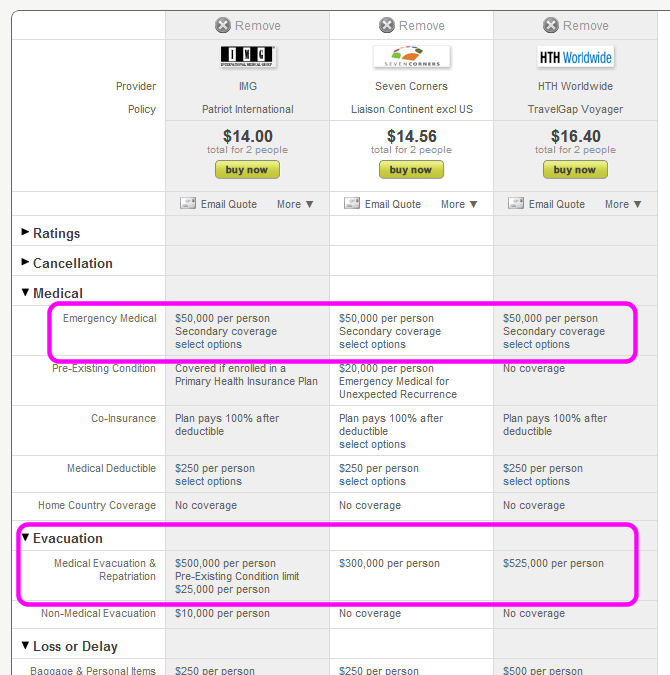 As the summer travel season approaches and travelers make their vacation plans, it’s time to think about hurricanes. Last year, many travelers found themselves stuck or had to shell out additional cash because they made mistakes with their travel insurance purchases.
As the summer travel season approaches and travelers make their vacation plans, it’s time to think about hurricanes. Last year, many travelers found themselves stuck or had to shell out additional cash because they made mistakes with their travel insurance purchases.
In some cases, travelers didn’t have any travel insurance. Others simply didn’t understand their policy coverage.
These are the most common mistakes travelers make when buying hurricane travel insurance.
1. Buying trip insurance after the hurricane is named
Travel insurance, just like any other insurance, cannot cover ‘known events’. That’s like buying home insurance after the house is on fire!
Once a hurricane is named, it’s a known event. Therefore travelers must purchase their travel insurance before the hurricane is named. Ideally, soon after making your first trip payment.
2. Hurricane warnings are not a covered reason to cancel
A hurricane warning is just that – a warning that a hurricane may hit a particular destination with a particular force. Cancelling your trip for concerns over a possible hurricane is not covered by travel insurance (with one exception).
Recently, MH Ross updated two of their plans (Bridge and Complete) to allow trip cancellation refunds when a hurricane warning is issued.
3. Assuming hurricanes are covered
Many travelers assume that hurricane coverage is included with their travel insurance plan, but in many cases, it’s not. While it makes sense that you would want to cancel your trip if a hurricane is imminent, that’s just not enough for travel insurance plans.
Your travel insurance plan has to specifically list hurricanes (or severe weather) as a covered reason for trip cancellation and post-departure trip interruption (in case a hurricane veers toward your destination) if you are to have coverage.
4. Buying hurricane insurance from a cruise line or travel agent
It seems like an easy win to buy your insurance while you’re making your reservations, and a lot of travelers make this mistake. These plans are not 100% travel insurance and they have left a lot of travelers stranded without the coverage they need.
Hint: if you get stuck with one of these plans, you can cancel it if you do it quickly.
Your travel plan should be purchased using a travel insurance comparison site because you’ll have the best options for comparing plans that fit your trip details and your needs – not some generic plan designed for anyone (and no one in particular).
5. Failing to recognize hurricane disruption is widespread
If you miss a connection that means your cruise departs without you because a hurricane disrupted flights, you could be out of luck without travel insurance.
Even if your travel plans don’t take you in the direct path of the hurricane, they could be disrupted. Having travel insurance is important even for those who are not traveling in the hurricane’s path.
6. Ignoring the plan’s exclusions
Every insurance plan has exclusions. For example, standard trip cancellation for hurricanes says that your lodgings must be destroyed and uninhabitable to qualify for the cancellation reimbursement.
That means you can’t cancel for a refund just because the pool is filled with garbage and the beach is covered with junk, but your hotel is still standing and operable.
Your travel insurance plan details will make this clear, but you’ve got to read it. Understanding the exclusions is a critical mistake many travelers make.
The Solution?
Travel insurance is unique in that it comes with a free review period, which you can use to read the plan, think about your travel needs, and make changes or cancel the plan if it won’t work for you. Be sure to take this time to read your plan and avoid these common mistakes.
For a complete picture of hurricane season travel, see our 2012 Traveler’s Guide to Hurricane Season.








